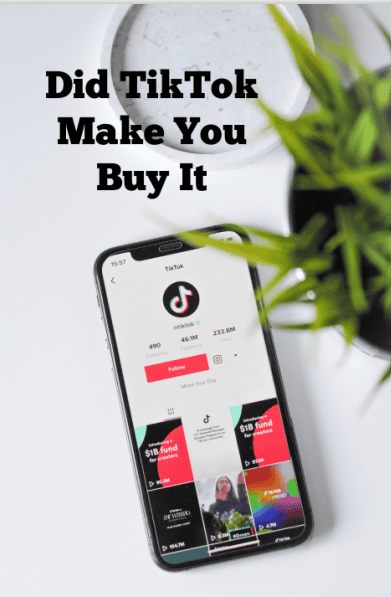
Over the course of the last couple of years, the social commerce sector, an emerging sector with the e-commerce industry, has witnessed an extreme increase in growth. In the United Kingdom alone, our Digital 2023 report found that 84.4% of the total population, roughly 57.10 million, are social media users. With the dissemination of social media, the trend of online commerce has skyrocketed as well, with 55.8 million people making purchases online. Much of this online consumption is taking place via mobile devices, which has also increased by 7%, to 57.6% of purchases being via mobile phones. What do these trends mean for consumption? These numbers shed light on the growing importance of the social commerce sector.
These trends in e-commerce sales are predicted to continue, with an expected increase of 10.4% in 2023. With the transition to online shopping, companies are required to adapt, adjusting their business models accordingly. People in the UK use around 6 platforms on average, which each represent an opportunity for marketing. Companies that do not mobilise the opportunities provided by the use of these platforms, miss out on important market opportunities. Another key trend within e-commerce has been moving towards more inclusive marketing, with user’s feeling more represented in the media. This has influenced the way marketing is perceived, creating more positive attitudes amongst its audience. An explanation for marketing’s improved public perception/image relates to another novel emergence, namely content and influencer marketing. With an overwhelming majority, 90% of consumers nowadays trust influencers more than the traditional advertisements or celebrity endorsements.
What used to be perceived with caution has undergone an image change – if used correctly. Companies refraining from taking these trends into consideration when executing marketing strategies, lose important opportunities. An example of how effective these new trends are is the #tiktokmademedoit trend, which encouraged impulsive buying behaviour legitimised by social media traction. Impulsive buying is especially apparent in e-commerce, seeing as customers receive instant gratification. This behaviour is an important pointer for marketers, as it allows them to accurately track and measure success in terms of ROI.
While the possibilities of this sector create huge potential, there are still some areas expected to grow. Consumer behaviour shows 91% of all consumers prefer online purchases using their smartphone, rather than mobile commerce. So while this sector is still considered relatively small, it is expected to account for 6% of all retail sales in 2023. Another area in which progress is expected to take place is completed purchases. For example, online shopping cart abandonment rate is higher on mobile devices, with 84%, than it is on desktops, where it is still 72%. Here, it seems that the comfort of mobile online shopping creates an obstacle. How this will develop is yet to be determined, however it is recommended to keep an eye open, as these are all important avenues for marketers.
The current developments in the world of e-commerce mirror the transitional phase society currently finds itself in. With the demographic of social media users being predominantly so-called millennials and Gen Zers, it is to be expected that the digital world is tailored to the opinions and ways of these generations. Marketing becoming more inclusive and more representative of society, as it begins to paint a more accurate depiction of society, shows how these trends respond to the changes in society. This suggests that e-commerce, marketing and more generally the digital world is in a transitory phase, as it grows and adapts to our changing wants and needs.
Author: Jess Smith, Marketing Manager at Meltwater UK
